Description
There has been a realisation that both international and national development goals for universal sanitation access will continue to unattainable if the current technologies and practices are to continue. While significant strides have been made with respect to sanitation provision since 1994, there remains significant portion of the unserved that has been proven to challenging to provide services to and this has been exarcebated by secondary backlogs; people that have been provided with an appropriate sanitation solution but require another intervention through capital re-investment due to the deterioration of the initial investment and infrastructure.
The research undertaken through WRC and partners have shown that while users may aspire to full waterborne sanitation, this is not technically feasible. At the other end of technical spectrum, the implementation of the ventilated improved pit latrine has shown fault lines along user acceptance and the operations and maintenance challenges of emptying and disposal of accumulated faecal sluges. Compounding this challenge is that of water scarcity and the universal access to waterborne sanitation may not be realised due to the prohibitive costs and the availability of water.
This working paper presents SANITI – the Sanitation Transformation Initiative – in which a new paradigm for sanitation is being supported and guided from previous research programmes. This paper was developed to facilitate learning of the WRC’s investment in sanitation and to inform readers on logical progression towards the SANITI strategy.

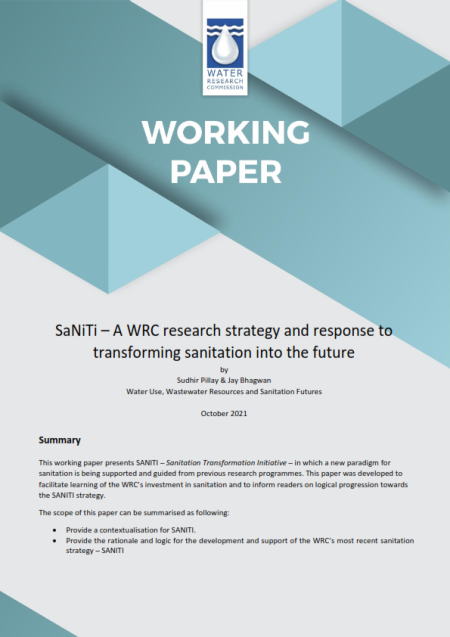
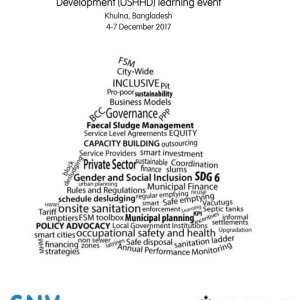
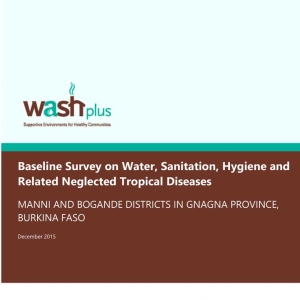
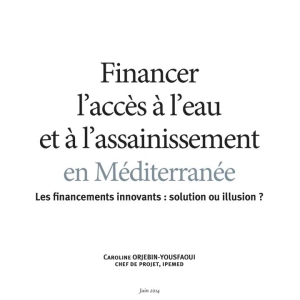
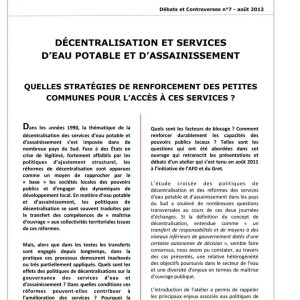



Reviews
There are no reviews yet.